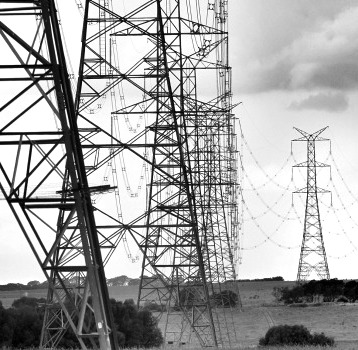Schott fires at PM's plans
 Energy Security Board chair Kerry Schott has warned the Morrison government against threats to energy companies.
Energy Security Board chair Kerry Schott has warned the Morrison government against threats to energy companies.
Federal energy minister Angus Taylor and Prime Minister Scott Morrison have threatened to call a royal commission or break up energy companies if prices do not move down soon.
But Dr Schott says these measures are not likely to be helpful.
“I think what will happen going forward is that the reliability obligation part of the NEG will probably get support. We'll have to wait for the rest of it. The sad thing is the drop in prices that would have occurred in the wholesale market will be less than it otherwise would [have been],” she said at a recent Infrastructure Partnerships Australia conference.
“And the other sad thing is that while the national government is in the state that it's in at the moment, there is a flavour of more market intervention than just stepping back and letting the states and the market get on with it.”
The next planned Council of Australian Governments Energy Council meeting has been cancelled, and reports say a teleconference version will be held in mid-October.
The reliability obligation of the NEG could be signed off at a formal meeting in December, Dr Schott says.
Although the federal government has scrapped carbon emissions targets in the National Energy Guarantee (NEG), the experts say the reliability obligation will be needed before the closure of AGL Energy's ageing Liddell Power Station in NSW in 2022.
Some states are unhappy that the government is slowing progress.
“We continue to get nothing but chaos and confusion about energy policy in Canberra,” Queensland energy minister Anthony Lynham said.
“We are on a national electricity network that requires national leadership. This has gone on for too long.”
Dr Schott says she has spoken with Mr Taylor since his appointment three weeks ago.
She said he is focused on the ACCC’s recommendations for the government to buy power from new generation projects to support investment, but “he is quite interested in progressing the reliability obligation” though “not necessarily in its current architecture”.
“We just need to be careful we are not doing anything the market was going to do anyway,” she said.








 Print
Print